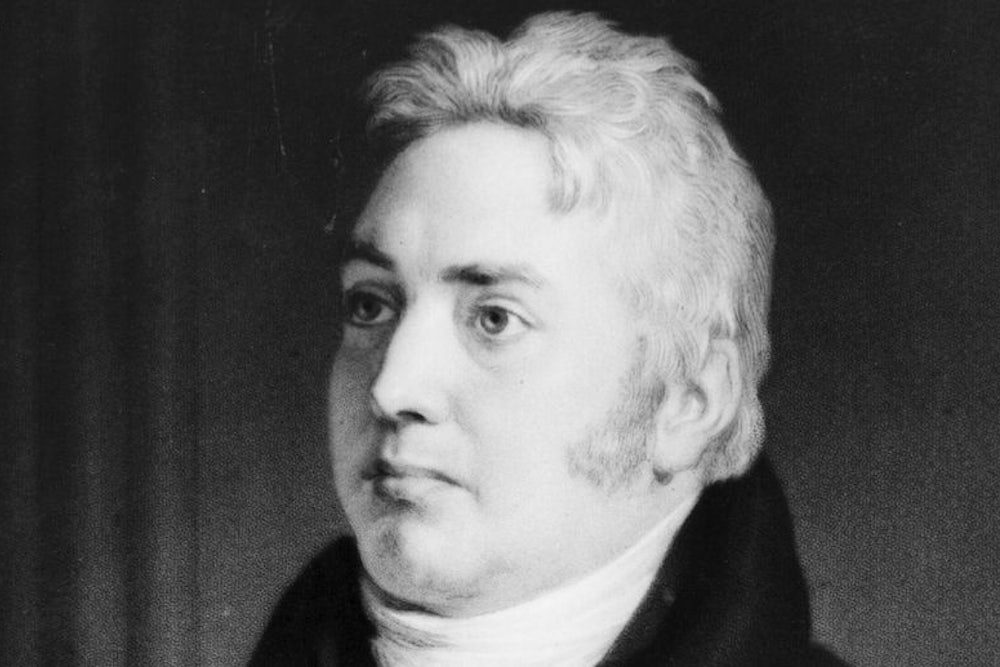When the poet and critic Samuel Taylor Coleridge died on this day 180 years ago, he left behind a legacy so respected that his contemporaries already referred to him as "a giant among dwarfs." His most famous poems are two remarkably different, but both extraordinary, works: "The Rime of the Ancient Mariner" and "Kubla Khan."
In a page from one of his many notebooks, currently held by the British Library, you can see a working copy of "The Rime of the Ancient Mariner." The poem was originally written in 1797-98, but the notes below are from 1806, when Coleridge must have been fiddling with the arrangement prior to its republication in 1817. The changes didn't make it into the final copy, but you can see his mind at work.

Another Coleridge mauscript from the British Library's collection is even more curious for what you cannot see: a note on the back, left by Coleridge to explain how his world-famous poem "Kubla Khan" came into being. Like "The Ancient Mariner," this poem was first written in the fall of 1797, but remained unpublished for nearly twenty years until Coleridge included it in a collection in 1816. The original tale of the poem's creation was that Coleridge had slipped into an opium-induced sleep and upon waking began to jot down the lines of poetry that had come to him in a dream. But, so the legend goes, he was interrupted and couldn't complete the poem. The note on this version of "Kubla Khan," often called the Crewe Manuscript, wasn't discovered until 1934 and reveals a much shorter, and less fanciful, version of its creation:
This fragment with a good deal more, not recoverable, composed, in a sort of Reverie brought on by two grains of Opium, taken to check a dysentery, at a Farm House between Porlock and Linton, a quarter of a mile from Culbone Church, in the fall of the year, 1797. S.T. Coleridge.

